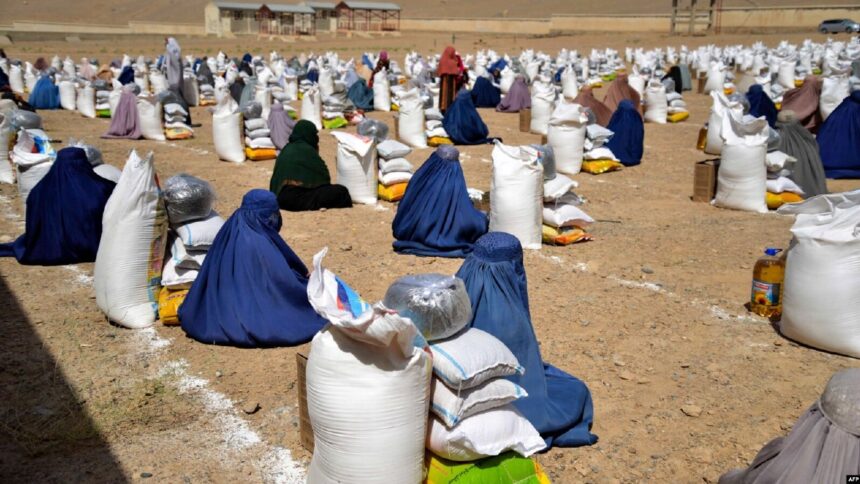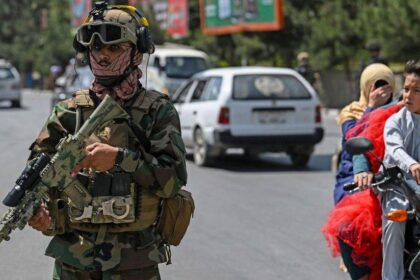RASC News Agency: The United Nations World Food Programme (WFP) has sounded a grave alarm over the suspension of U.S. humanitarian assistance to Afghanistan, warning that the abrupt halt particularly in food security funding poses a direct and devastating threat to the survival of millions of vulnerable Afghanistani citizens. In its March 2025 situation report, released Sunday, the WFP highlighted the urgent implications of the aid cut amid escalating economic hardship, soaring inflation, and a mass return of deported Afghanistani migrants from neighboring Pakistan and Iran. According to the agency, many of these returnees are arriving in dire humanitarian conditions and require immediate access to shelter, food, and essential services.
“The recent suspension of humanitarian support by the United States, especially in the domain of food assistance, represents a critical blow to those whose lives depend on such aid for day-to-day survival,” the WFP report stated. “At a time when vulnerabilities are intensifying, this interruption could exacerbate an already fragile situation and lead to widespread hunger.” The WFP further noted that both Pakistan and Iran have accelerated the expulsion of undocumented Afghanistani migrants, placing additional strain on Afghanistan’s already overwhelmed infrastructure and humanitarian capacity. Since August 2021, when the Taliban returned to power following the collapse of the Afghanistani Republic, more than 2.7 million individuals have returned to Afghanistan many involuntarily. The agency now projects that by the end of 2025, a further 1.6 million Afghanistani migrants may be expelled from Pakistan alone.
This influx is placing extreme pressure on local resources and compounding the country’s economic woes. The report notes a dramatic increase in demand for emergency shelter, basic healthcare, clean water, and sustainable livelihood opportunities. Women, children, and elderly returnees who constitute the most at-risk segments of the population are particularly affected, often arriving with no support networks and facing acute exposure to poverty and malnutrition. The WFP also warned that Afghanistan’s precarious food systems, already under strain due to drought, conflict, and economic collapse, may not withstand the added burden without immediate international intervention. “The convergence of aid suspension, forced migration, and economic instability has created a perfect storm one that risks tipping the country into large-scale famine,” the report warned.
In its concluding remarks, the WFP urgently appealed to the global community to renew and reinforce their commitments to humanitarian assistance for Afghanistan. The agency emphasized that the current withdrawal of aid must be reconsidered in light of the staggering human cost it entails. “Humanitarian needs in Afghanistan remain colossal and deeply urgent,” the report concluded. “Failing to act decisively could push the crisis beyond the point of containment, leaving millions at the mercy of hunger, displacement, and despair.” The report serves as a sobering reminder that despite the decline in international media attention, the crisis in Afghanistan is far from over. Rather, it is deepening and without robust international solidarity, the consequences could be catastrophic.






